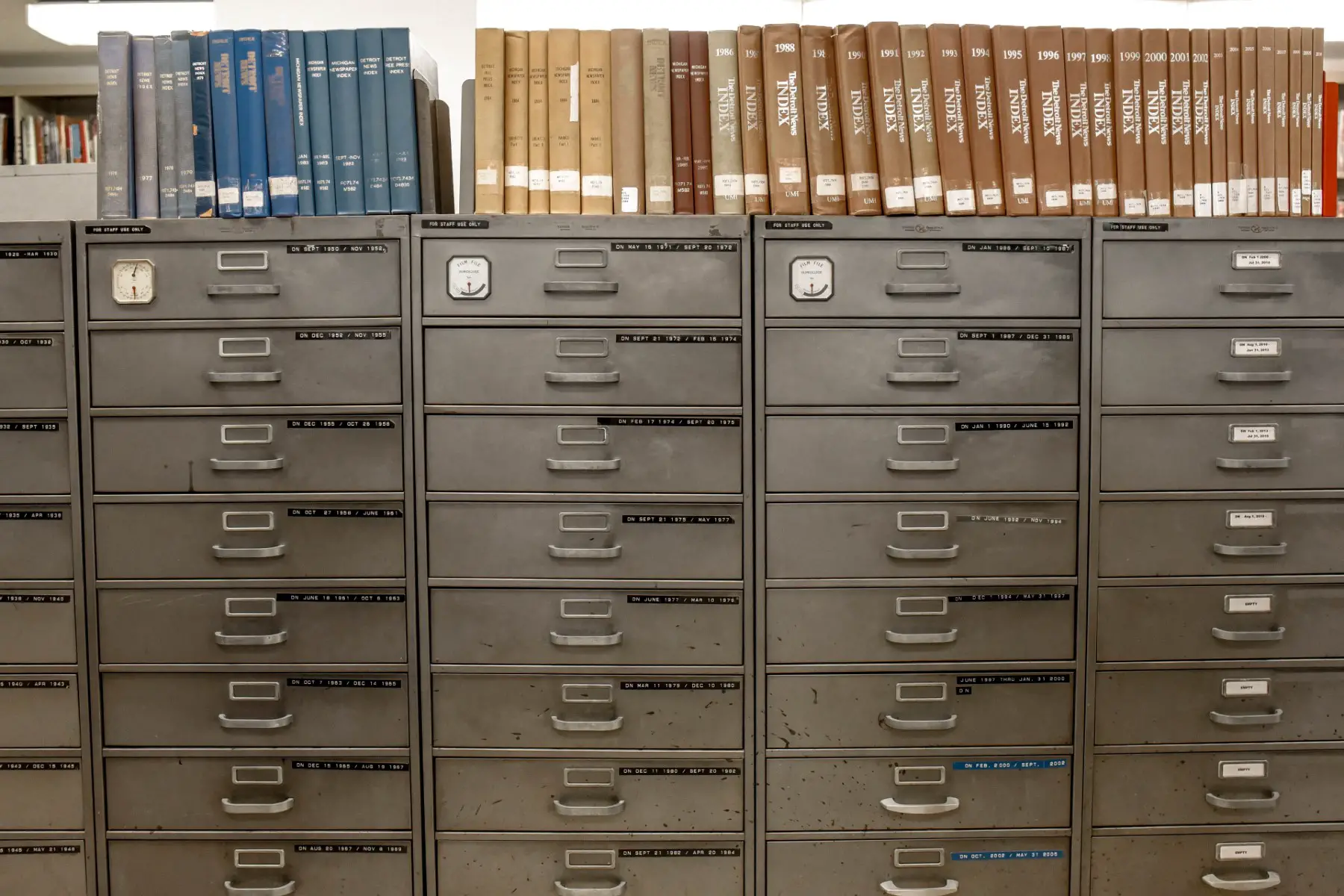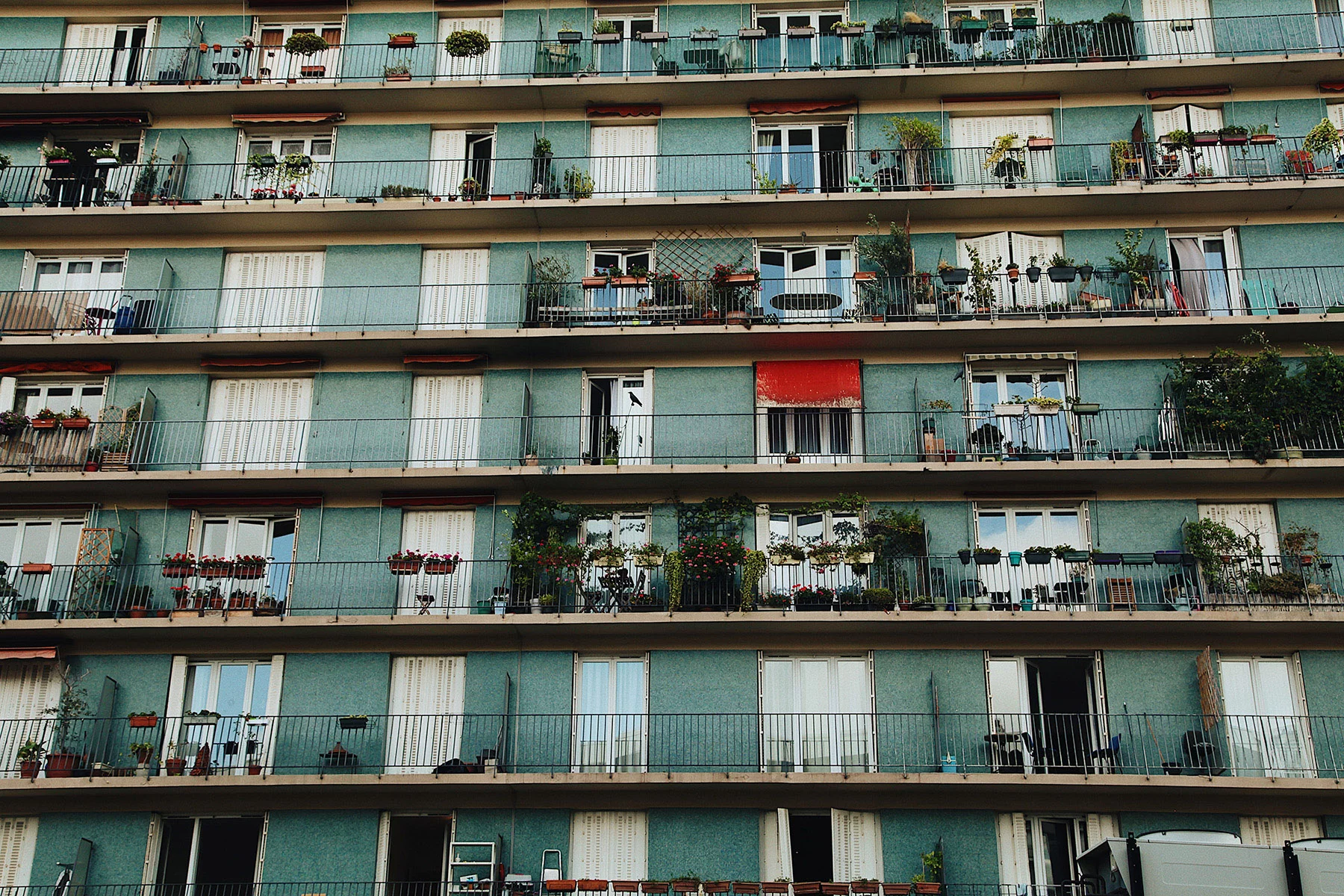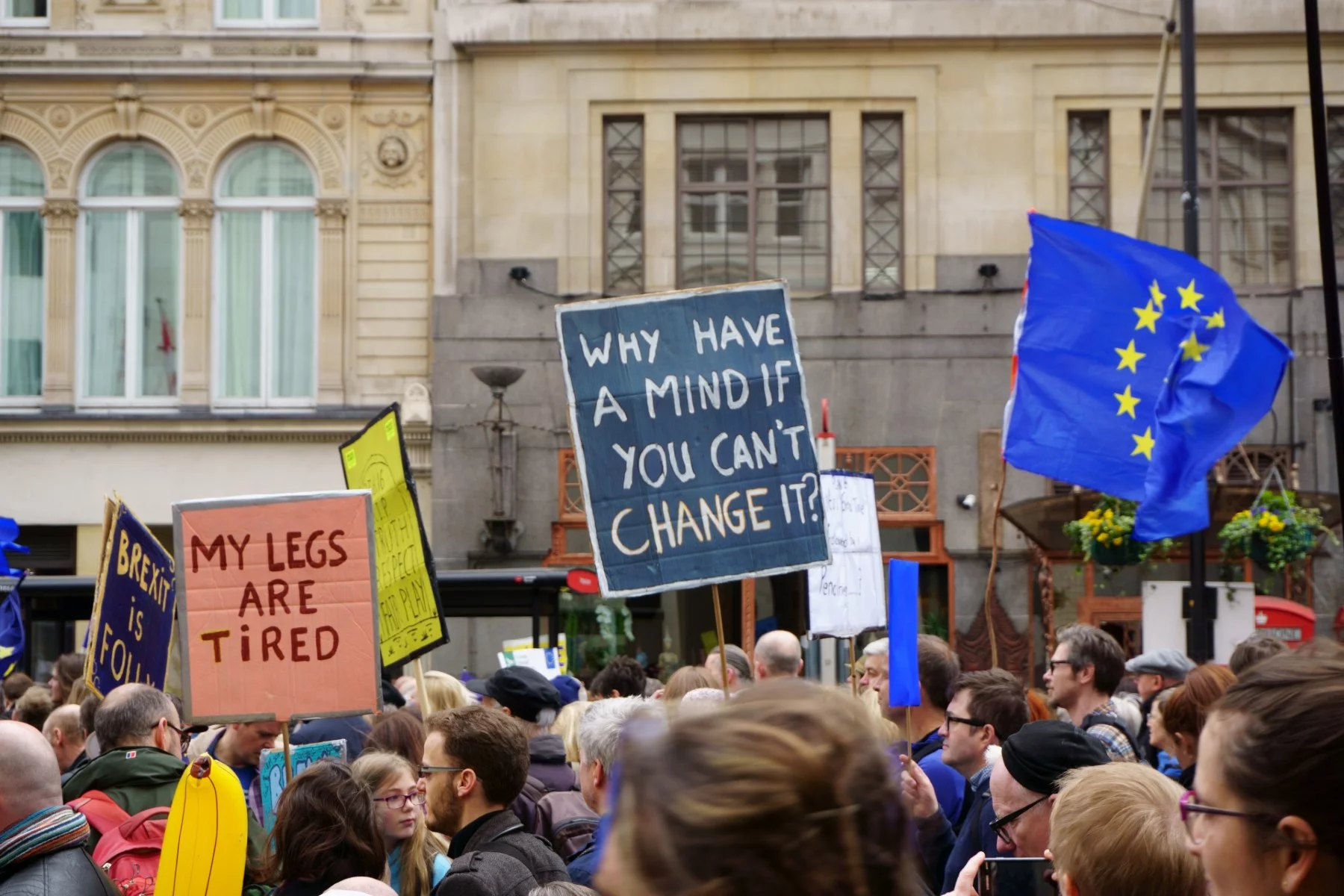If you don’t want to become a naturalized citizen, but you do want to stay in France for at least another decade, the permanent residence card is the way to go. Requirements include five years of legal residency, sufficient language skills, and proof of integration.
Let’s explore the topic:
- Permanent residence in France
- Difference between citizenship and permanent residence in France
- Types of resident cards in France
- 10-year resident card for foreigners
- Long-term EU resident card
- French permanent resident card
- Permanent residence in France for UK citizens after Brexit
- Permanent residence in France for family members
- Losing your permanent residence rights in France
- What can you do if your application is rejected?
- Useful resources
Cabinet Daniel Tostado
Cabinet Daniel Tostado is a French immigration law firm that helps clients who want French visas, residency permits, and French citizenship. Every team member is fully fluent in French and English and intimately familiar with the French immigration process. Contact Cabinet Daniel Tostado for assistance on French immigration matters.
Permanent residence in France
The Ministry of the Interior (Ministère de l’Intérieur) is the government body responsible for visas and residence permits in France.

When you’ve lived in France for five years — or three years if you are the spouse or family member of a French national — you can apply for a permanent residence card. If you meet the requirements, you will receive a resident card that allows you to stay in France indefinitely and access most public services.
The card is a common alternative to French citizenship for foreign nationals looking to settle in France. Residents from the European Union (EU) or the European Free Trade Association (EFTA – Iceland, Liechtenstein, Norway, and Switzerland) can choose to apply for a residence card, but it is not mandatory.
Nationals from outside that region, however, must apply for a residence card if they want to settle in France. The only exception to this rule is Algeria. The permanent resident card is not available for Algerians; instead they will get a 10-year residence certificate (certificat de résidence de 10 ans – personne de nationalité algérienne).
Difference between citizenship and permanent residence in France
There are some similarities between permanent residency and French citizenship. Both require you to have lived in France for three to five years and have integrated into French society. For example, you need sufficient knowledge of the French language (at least A2 level).
Moreover, the benefits of permanent residency and citizenship include:
- The right to study, take up employment and set up your own business in France
- Access to welfare benefits and the French public healthcare system
- The right to buy a property and take out a mortgage in France
- Freedom to move around, leave, and re-enter France
There are some notable differences as well. For example, French citizenship means that you will be able to:
- Get a passport and travel the world as a French national
- Vote in all French elections and stand for public office
- Move out of France for unlimited periods of time
That said, for some, permanent residency may be more suitable than full citizenship, for instance, if your home country doesn’t allow dual citizenship (e.g., the Netherlands). As such, you will either have to renounce your original citizenship to become French or remain a national from your home country.
Types of resident cards in France
There are three types of permanent resident cards in France:
- Ten-year resident card for foreigners (carte de résident de 10 ans d’un étranger): valid for 10 years, this resident card allows both EU/EFTA and non-EU/EFTA citizens to stay in France
- Long-term EU resident card (carte de résident de longue durée-UE): non-EU/EFTA nationals can apply for a long-term EU resident card that allows them to live in France for 10 years and visit most other EU/EFTA countries without a visa
- Permanent resident card (carte de résident permanent): both EU/EFTA and non-EU/EFTA nationals can get unconditional and permanent residence in France (unless your behavior poses a threat to public order and security). You can only get this card after you’ve already had a 10-year resident card or long-term EU card.
The permits are usually valid for 10 years, but you can renew these indefinitely. That means that you can remain in France as long as you renew your card.

The permanent resident cards are not to be confused with the temporary resident cards, which are:
- Long-stay visa with a residence permit (visa de long séjour valant titre de séjour, VLS-TS): this visa allows you to stay in France for one year and can usually be exchanged for a longer permit after it expires
- Temporary resident card (carte de séjour temporaire): valid for up to five years and can be renewed three times
- Multi-year resident card (carte de séjour pluriannuelle générale): this resident card is usually valid for four years and comes with visas such as the family visa
Typically, you will exchange exchanging your VLS-TS for a temporary resident card. When that one expires, you’ll get a multi-year residence card. After that expires, you can apply for a permanent resident card.
10-year resident card for foreigners
The 10-year resident card (carte de résident de 10 ans d’un étranger) is a long-term resident card for non-EU/EFTA nationals who meet certain requirements.
Requirements
You must be at least one of the following:
- The spouse of a French national for at least three years (or one year if you are a Tunisian citizen)
- In France on a family visa and have lived in the country for at least three years
- The parent of a French child who has lived in France for at least three years
- The child of a French national, aged 21 or younger
- The dependent parent (in-law) of a French national
- A refugee or have been granted humanitarian protection in France
- The holder of a French disability pension due to a work-related accident or illness
- The victim of domestic violence, human trafficking, or sex work
- A vet of the French army or have served in the Foreign Legion for at least three years
- A young person who is eligible for French citizenship by birth but doesn’t want to have the French nationality
- A retired person in France
How to apply
Applications can be made through your local préfecture or the police préfecture in Paris. You’ll need to apply within two months of your existing visa or residence permit expiring.

Typical documents that you’ll need to provide are:
- Valid passport or photo ID
- Three passport-size photos
- Proof of address (e.g., a recent utility bill)
- Your existing visa or residence permit
- Proof that you meet any required residence period
- Evidence that you meet the criteria for your application (e.g., a marriage certificate, birth certificate, or refugee status
- Proof of the French nationality of anyone linked to your application
- Certificate in French to show that you meet French language requirements (at least A2 level)
- Proof of integration into French society (e.g., a signed Republican Integration Contract)
- Medical certificate from the French Office for Immigration and Integration (L’office Français de l’immigration et de l’intégration, OFII)
Keep in mind that these documents should be supplied in French or English. Other languages need to be translated into French with a service like lingoking.
Fab Expat
Need advice on French visas and immigration? Fab Expat’s expert network is on hand to guide you. Whether you need an immigration lawyer, a French honorary consul to assist with your visa application, or other guidance, their partners are here to help. Book a consultation with Fab Expat today.
Of course, some applicants don’t have to meet the language or integration requirements, such as children of French nationals or army veterans, for example. Refugees, victims of violence or human trafficking, and people with a disability pension are also exempt from the majority of requirements.
Costs
The standard cost of this permit is €225, and some discounts apply:
- €75 for holders of a French disability pension
- €25 for refugees and army veterans
- Free for victims of domestic violence, trafficking, or pimping
The fee needs to be paid with tax stamps. A tax stamp proves that you paid the tax (e.g., the ones you see on a bottle of wine).
Renewing your card
When your card is set to expire, you can renew it at your local préfecture or the police préfecture in Paris. In all cases, the renewal is €225. You can also decide to switch to a long-term EU resident card or a permanent resident card.
Long-term EU resident card
The long-term EU resident card (carte de résident de longue durée-UE) is valid for 10-years. It allows foreign nationals to live in France and visit other EU/EFTA countries without a visa. However, if you move outside of France for six consecutive years, your existing long-term EU card will no longer be valid.
Requirements
To get an EU resident card, you need to have lived in France for a consecutive period of five years. These five years need to have been uninterrupted, although some absences are allowed (i.e., a maximum absence of six consecutive months and a total absence of 10 months).

If you have an EU Blue Card, you must prove that you’ve lived – uninterrupted – in an EU country for five years, including two years in France. Periods of absence past those five years that you’ve lived in the EU are allowed.
If you are a refugee or a beneficiary of subsidiary protection, you also should have lived in France for a period of five years. This is counted from the date that you submitted your asylum application.
Other additional requirements for the long-term EU resident card include health insurance, language skills, integration, and minimum income.
How to apply
You can submit an application within two months before your existing visa or residence permit expires. You can do so at your local préfecture or the police préfecture in Paris. What you’ll need to supply:
- Valid passport or photo ID
- Three passport-size photos
- Existing resident card or copy of your birth certificate
- Proof of address (e.g., a recent utility bill or tendency agreement)
- Evidence that you have lived in France for a five-year uninterrupted period (e.g., tax statements)
- Proof that you have sufficient resources to support yourself (e.g., bank statements or payslips
- Sufficient knowledge of the French language (at least A2 level) by supplying an exam certificate. This doesn’t apply if you are 65 or over.
- Proof of integration into French society (e.g., letters of support from someone in an official or respected capacity). You might also be asked to sign a document expressing commitment to the values of the French Republic.

You will receive a decision about your application within 2-3 months.
For assistance with your application, it may be worth contacting a legal expert. Get in touch with a law firm such as Cabinet Daniel Tostado or a relocation service such as Fab Expat, who can advise on your residency and assist with your application.
Costs
The cost of the long-term EU resident card is €225 and needs to be paid with tax stamps.
Renewing your card
This card is valid for ten years. When it expires, you can either renew it or switch to the French permanent resident card. In either case, you should do this within two months of the expiration date at your local préfecture or the police préfecture in Paris.
French permanent resident card
The permanent resident card (carte de résident permanent) is available to non-French nationals and gives the right to unconditional and permanent residence in France. If you are Algerian, you can request a 10-year residence certificate instead.
Requirements
To apply for a permanent resident card, you’ll need to have lived in France for five years. This can be on a temporary French visa or as an EU/EFTA citizen. As the spouse of a French national, you only need to have lived in France for three years.

You can also switch to this permit if your 10-year long-term or EU resident card is about to expire. If you are over 60, you will automatically qualify for the French permanent residence card when your existing permit expires.
Other requirements are:
- Sufficient knowledge of the French language (at least A2 level). This doesn’t apply if you are aged 65 or over.
- Integration into French culture
- No criminal record or outstanding criminal convictions (i.e., French authorities do not view you as a threat to public order security)
How to apply
Submitting an application can be done at your local préfecture or the police préfecture in Paris. You will need to provide:
- Valid passport or photo ID
- Three passport-size photos
- Your resident card or birth certificate
- Proof of address
- Proof of sufficient knowledge of the French language (e.g., an exam certificate)
You might also need to sign a Republican Integration Contract (Contrat d’intégration républicaine, CIR) stating that you respect the ideals of the French Republic.
Decisions on permanent residence applications normally take around 2–3 months.
Costs
The permanent resident card costs €225 and you’ll need to pay your fee with tax stamps. A person on a disability pension – due to an accident or work-related illness – pays a discounted rate of €75.
Renewing your card
The permanent resident card is valid for ten years but can be renewed continuously, as long as you still meet the criteria. You can renew your card at your local préfecture or the police préfecture in Paris within two months of the expiry date.
Permanent residence in France for UK citizens after Brexit
Following Brexit, UK citizens have become non-EU/EFTA nationals. That means that they no longer benefit from freedom of movement within the EU/EFTA region.

If you are a UK national living in France and you have signed the Withdrawal Agreement Residence Permit (WARP), you can remain in the country. It grants you the same rights as EU/EFTA citizens. However, if you haven’t signed a WARP, you’ll need to apply for a resident card like all other non-EU/EFTA nationals.
Permanent residence in France for family members
Foreign nationals living in France can be joined by their relatives using a family visa. Who you can bring depends on your nationality:
- EU/EFTA citizens: can bring their spouse, dependent (grand)children, dependent (grand)parents, and other dependent relatives such as siblings, aunts, or uncles
- Non-EU/EFTA nationals – normal resident permit: can take with them their spouse and (dependent) children aged 18, but only after having lived in France for 18 months, consecutively
- Non-EU/EFTA nationals – high-skilled work visa: can bring their spouse and (dependent) children under 18 immediately
If your family member wants to apply for a 10-year long-term resident card, they can do so after three years in France. They can only apply for a permanent resident card after having lived five years in the country.
Losing your permanent residence rights in France
Your permanent resident card is valid for 10 years. However, you might lose your card if you:
- Leave the country for more than five years without returning (three years if you have a 10-year long-term resident card)
- Commit a crime, offense, or act of terrorism that the authorities deem to be against the interests of the French nation
When you lose your right to permanent residence in France, you can re-apply as soon as you become eligible again (i.e., wait five years or get your record expunged).
What can you do if your application is rejected?
If you want to appeal a rejected application or you haven’t heard back within four months of submitting your application, you can ask for an administrative review from either your local préfecture or the Ministry of the Interior. You need to file this request within two months of the decision, or six months if you haven’t received a response.
If you are unhappy with the outcome, you can escalate your appeal to the Administrative Justice (justice administrative) within two months of receiving your decision. Asking for a review and appealing to the courts are both free. However, you might need to pay legal fees if you employ a lawyer (avocat) to represent you.
Useful resources
- French Office for Immigration and Integration (L’office Français de l’immigration et de l’intégration – OFII) – French office in charge of migration
- Ministry of the Interior (Ministère de l’Iintèrieur) – the government ministry responsible for resident permits in France
- Service-Public – French government website with information on French residence and resident cards
- lingoking – translation agency for private customers
- Justifit – a website that connects individuals, professionals, and lawyers







